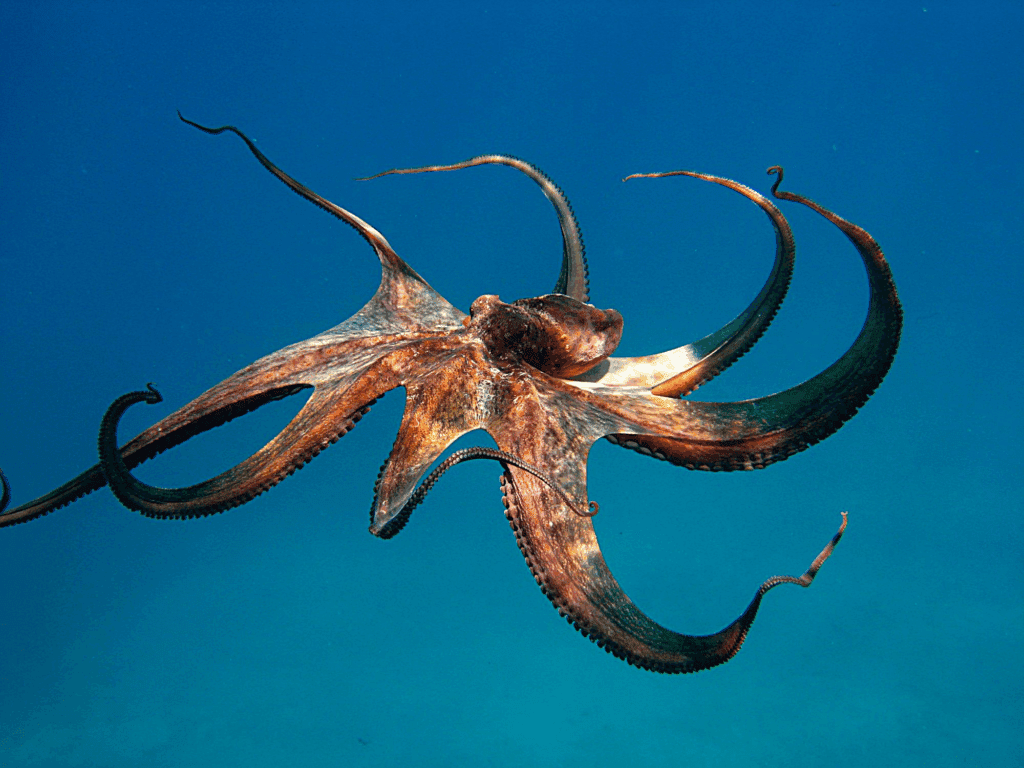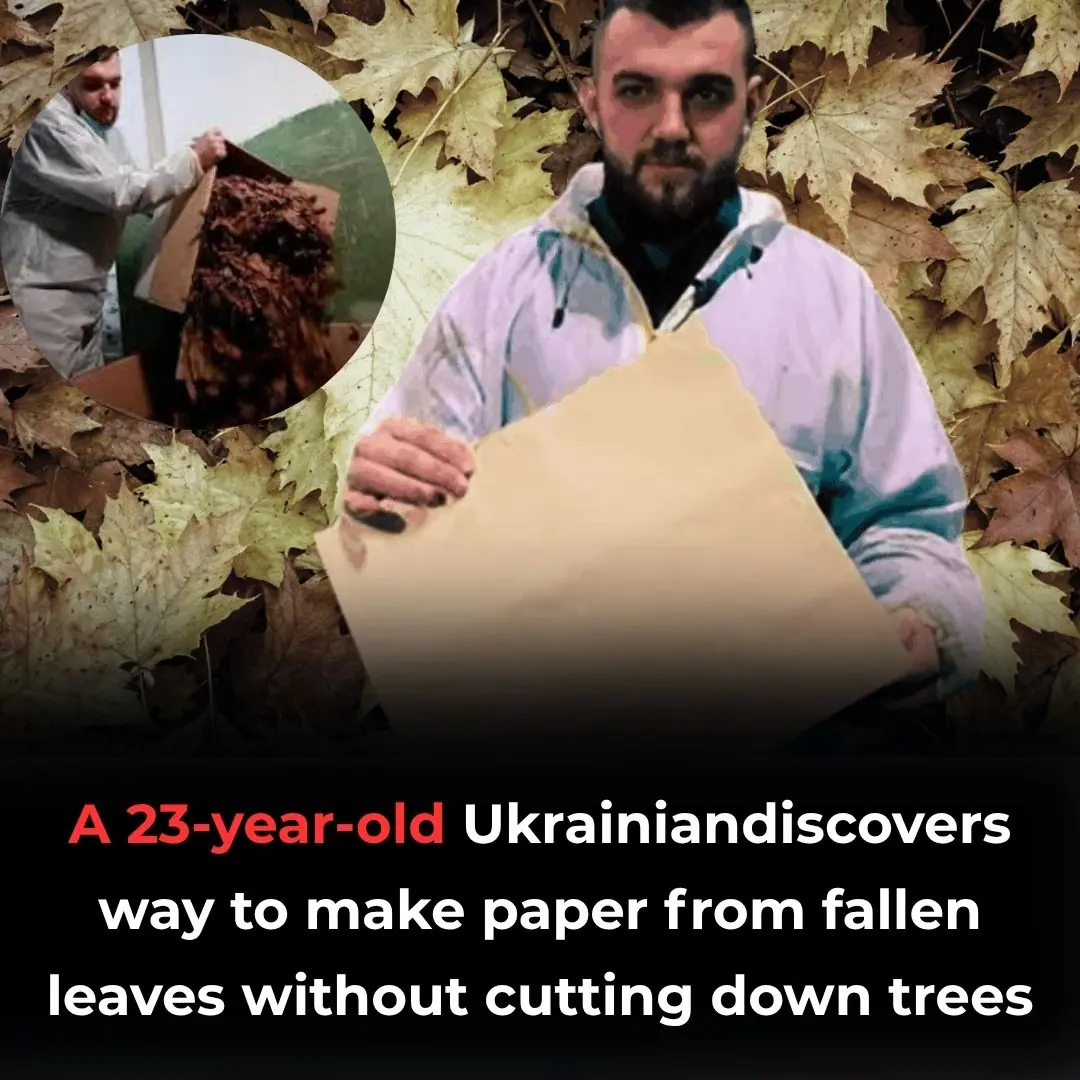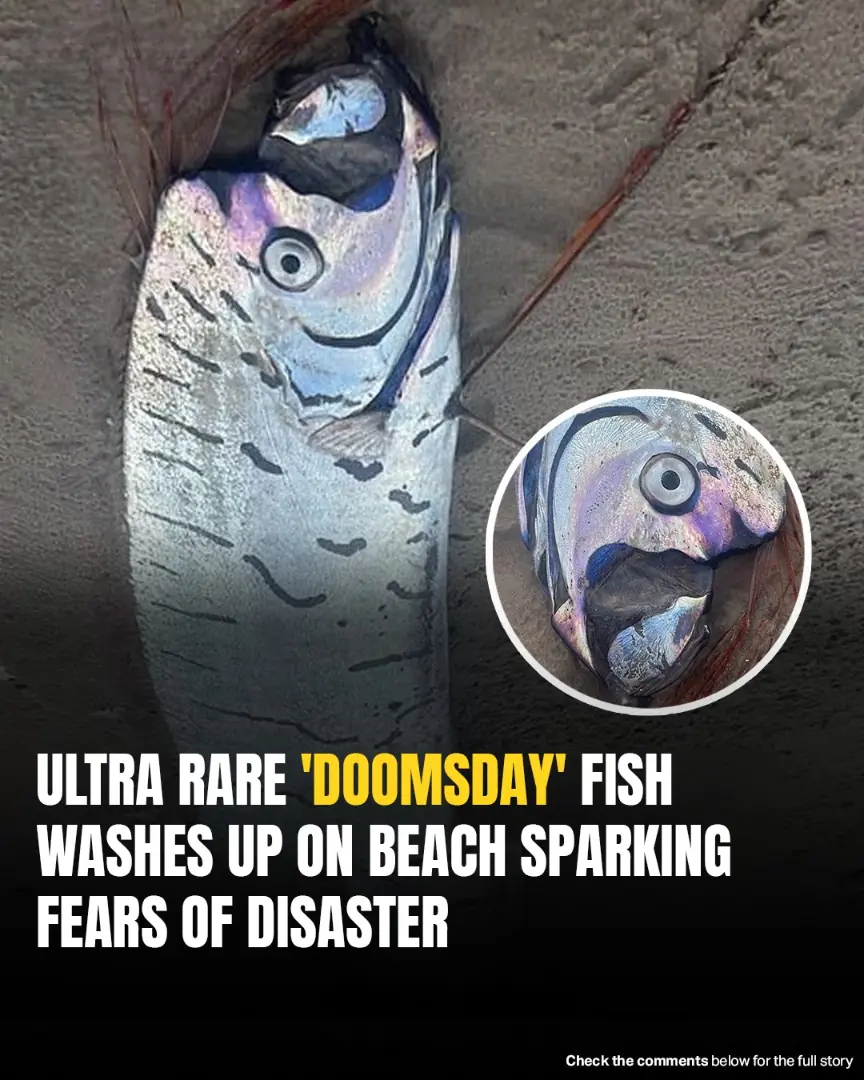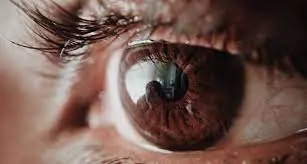
Scientists Claim That If Humans Go Extinct, Octopuses Have The Best Chance Of Building The Next Civilization
What would happen if humans disappeared? This question has inspired books, documentaries, and now a surprising scientific theory. According to a group of researchers, the octopus may be the most likely species to rise next. It is not science fiction. These scientists argue that octopuses already show the basic traits of civilization builders. Their intelligence, adaptability, and advanced problem-solving abilities are real.
While no one is saying octopuses will build cities overnight, the idea is gaining traction. With the right evolutionary push, octopuses could one day become Earth’s next dominant thinkers. Let’s explore why the octopus may be more than just an ocean oddity.
Why Scientists Are Fascinated by the Octopus
Researchers across disciplines are now paying attention to the octopus. Why? Because its brain and body work in ways that rival even some mammals. The octopus has around 500 million neurons, putting it in the same range as dogs and other intelligent animals. More surprisingly, most of those neurons are not in the brain. They are in its arms.
This means each arm can independently process information. It can feel, decide, and act without checking in with the brain. Scientists view this as a sign of complex cognitive ability. Additionally, studies show octopuses learn quickly, remember solutions, and even play.
Read More: A New Shape-Shifting ‘Flapjack’ Octopus Has Been Discovered in the Deep Sea Near Australia
The Octopus and Problem Solving
One of the most striking traits of the octopus is its ability to solve problems. In laboratory tests, octopuses have opened childproof jars, escaped from locked tanks, and navigated mazes. Some even recognized individual humans and changed their behavior depending on the person.
In the wild, octopuses collect coconut shells and use them as shelter. This is a rare example of tool use in the marine world. The ability to manipulate objects and plan ahead is a key feature in species that build or shape their environments. It is this behavior that makes the octopus stand out.
Communication Without Words
Octopuses communicate with body language, color changes, and texture shifts. They control this through specialized cells in their skin called chromatophores. When threatened, they can flash warning colors. When hunting, they can blend into their surroundings instantly.
This form of visual communication is advanced. Although they are solitary now, researchers believe their visual skills could form the basis of a social language over time. If octopuses become more social, this could lead to collaboration. Cooperation is one of the pillars of any developing civilization.
Surviving in Harsh Environments
Octopuses are masters of adaptation. They live in coral reefs, deep ocean trenches, kelp forests, and even polluted coastal zones. Their ability to squeeze into tiny spaces, regrow limbs, and camouflage makes them one of the ocean’s top survivors.
If humanity were to vanish, Earth’s climate and oceans might go through dramatic changes. The octopus, with its flexibility and resilience, is well-positioned to survive such shifts. Where other species might perish, the octopus could thrive, explore new niches, and expand its range.

Barriers to Civilization Building
Of course, the octopus faces serious obstacles. For starters, most species live only one to five years. This short life span limits the ability to pass knowledge from one generation to the next. In humans, cultural transmission is vital to progress. The octopus currently lacks this.
Also, they have no bones or rigid structures. Building tools or permanent shelters is difficult when your body is entirely soft. However, over millions of years, evolution could change this. Selective pressures might favor longer-lived or more social octopus lineages.
Could Evolution Fill the Gaps?
Speculative evolution is the scientific study of what could happen to a species over long periods. In this view, octopuses could evolve to live longer, perhaps 20 or 30 years. This would allow them to learn more and teach their young. They could also develop new ways to build and use objects, even underwater.
Additionally, if a social species of octopus emerges, it could form groups and learn to cooperate. Complex society depends on memory, structure, and shared knowledge. While this may sound like science fiction, it’s based on real, observed behavior.
Comparing the Octopus to Other Species
Some animals already show high intelligence. Dolphins, chimpanzees, elephants, and crows all have impressive brains. But most of them rely heavily on social structures or specific environments. That makes them vulnerable to change.
The octopus, by contrast, exists in many climates. It does not rely on a single location or group dynamic. That gives it a better shot at adapting to a world that humans leave behind. Scientists are not saying other animals cannot evolve, too. But the octopus has unique advantages that might give it an edge.
Read More: Iceberg Breaks Off Of Antarctica, Revealing Strange Tentacled Creatures Hidden Underneath
Could an Octopus Society Really Exist?
This is where speculation becomes fascinating. Imagine an underwater world with octopus settlements, communication hubs, and shared knowledge. Instead of fire, they might use chemical signals. Instead of buildings, they might create complex habitats using rocks, shells, or plant matter.
Tools might be soft, flexible, or even biological. Their society would not look like ours, but it would be adapted to their strengths. Over time, these underwater civilizations could shape the ocean in ways we do not yet understand.
Why Scientists Are Taking the Idea Seriously
While this concept may seem whimsical, more biologists are exploring non-human intelligence with seriousness. Recent papers and conferences have addressed octopus cognition and the possibility of alien-like intelligences developing on Earth.
This includes discussions on memory, planning, and emotion in marine animals. The octopus is often at the center of these debates. Scientists are using it to ask deeper questions about what intelligence is, how it evolves, and what it might look like outside the human framework.
Implications for Ethics and Conservation
If the octopus is truly this capable, then how we treat them must change. In many parts of the world, octopuses are hunted, farmed, or kept in captivity. Recognizing their intelligence could lead to stronger protections.
It also challenges our view of what a “civilized” species looks like. Just because an animal is silent or water-bound does not mean it lacks intelligence. The octopus may be reminding us that there are many ways for a mind to evolve.
Octopuses are not just clever sea creatures. They are complex, adaptive, and intelligent animals that may be on a slow path toward something much greater. If humans were to vanish, the octopus might be nature’s next big experiment in civilization.
That future is not guaranteed. Many things must align for it to happen. But the possibility alone is enough to take notice. Scientists are watching, studying, and asking hard questions. And perhaps that is the real point: to look beyond ourselves and imagine other forms of intelligence rising in our place.
News in the same category


It’s Official! Mexico City Has Banned Bullfighting, Ending A 500-Year-Old Tradition

Disconnect WiFi at Night Sleep With the Phone on Airplane Mode in Another Room

The Hidden Dangers of Cooking with Aluminum Foil: Health Implications and Safer Alternatives

Japan Has Created a New Plastic That Dissolves in the Sea Within Hours and Enhances Soil Health

Scientists Reveal Simple Blood Test Can Detect Cancer Years Before Symptoms Appear

Bill Gates Says Only 3 Jobs Are Safe From AI — Are You In One Of Them?

People Unvaccinated Against COVID Are 48 Percent More Likely To Get Into Traffic Accidents

A ‘Zombie’ NASA Satellite Woke Up After 60 Years—And It Sent Out A Powerful Radio Pulse

23-Year-Old Ukranian Discovers Way To Make Paper From Fallen Leaves Without Cutting Down Trees

Rare ‘Doomsday’ Oarfish Washes Ashore In Tasmania, Igniting Superstitions Of Impending Disaster

No one knows why 13 trucks are blocking the highway, when the truth is revealed, tears flow

Controversial Inventor’s Mysterious Death Sparks Debate Over Alternative Energy Suppression

Only two places are safe in a nuclear war, expert says

Woman Claims to Be Part of the 0.00001% Who Remembers Every Moment of Her Life—Including Before Birth

5 Countries Tighten Immigration Rules, Making It Tougher For Americans To Move Abroad

Gulf Stream On The Brink Of Collapse — Scientists Warn Of Global Catastrophe

French Farmer Discovers $4 Billion Gold Deposit, But Legal Hurdles Prevent Him From Profiting

Inside The Global Seed Vault: Earth’s ‘Safest Place’ Only Opens Six Times A Year
News Post

Surprising Triggers: What May Be Causing Your Hives (Urticaria)

The Truth Behind ‘Durex’: What Its Name Actually Stands For Has Stunned Many

Your Eyes: Windows to Your Health – Uncovering Diabetes and Cancer Through Vision

Psychology: People Who Talk To Their Pets Like They Are Humans Display Certain Emotional Traits

It’s Official! Mexico City Has Banned Bullfighting, Ending A 500-Year-Old Tradition

Disconnect WiFi at Night Sleep With the Phone on Airplane Mode in Another Room

The Hidden Dangers of Cooking with Aluminum Foil: Health Implications and Safer Alternatives

Japan Has Created a New Plastic That Dissolves in the Sea Within Hours and Enhances Soil Health

Scientists Reveal Simple Blood Test Can Detect Cancer Years Before Symptoms Appear

Bill Gates Says Only 3 Jobs Are Safe From AI — Are You In One Of Them?

5 Early Warning Signs of Cancer in Children: Parents Must Know to Save Their Child

People Unvaccinated Against COVID Are 48 Percent More Likely To Get Into Traffic Accidents

If Your Body Has a Bad Odor in These 3 Areas, It Could Mean Poor Liver Detox and Declining Function – Get Checked Before It’s Too Late!

Warning: If You Notice This Symptom in Your Body, Go to the Hospital Immediately – It Could Be Late-Stage Nasopharyngeal Cancer

A ‘Zombie’ NASA Satellite Woke Up After 60 Years—And It Sent Out A Powerful Radio Pulse

23-Year-Old Ukranian Discovers Way To Make Paper From Fallen Leaves Without Cutting Down Trees

Rare ‘Doomsday’ Oarfish Washes Ashore In Tasmania, Igniting Superstitions Of Impending Disaster

Sore Throat Relief: How Ginger Can Soothe Your Throat Naturally
